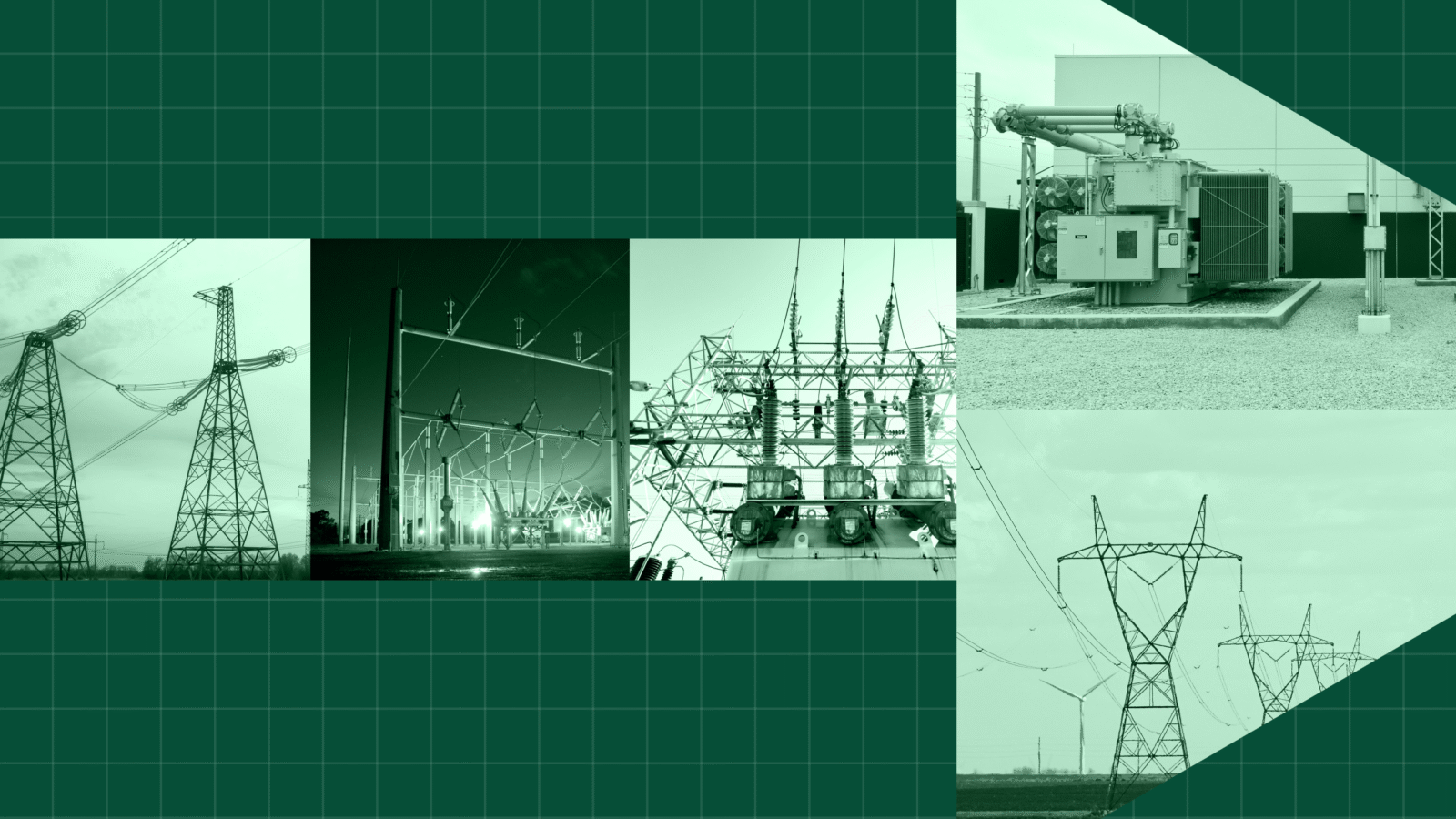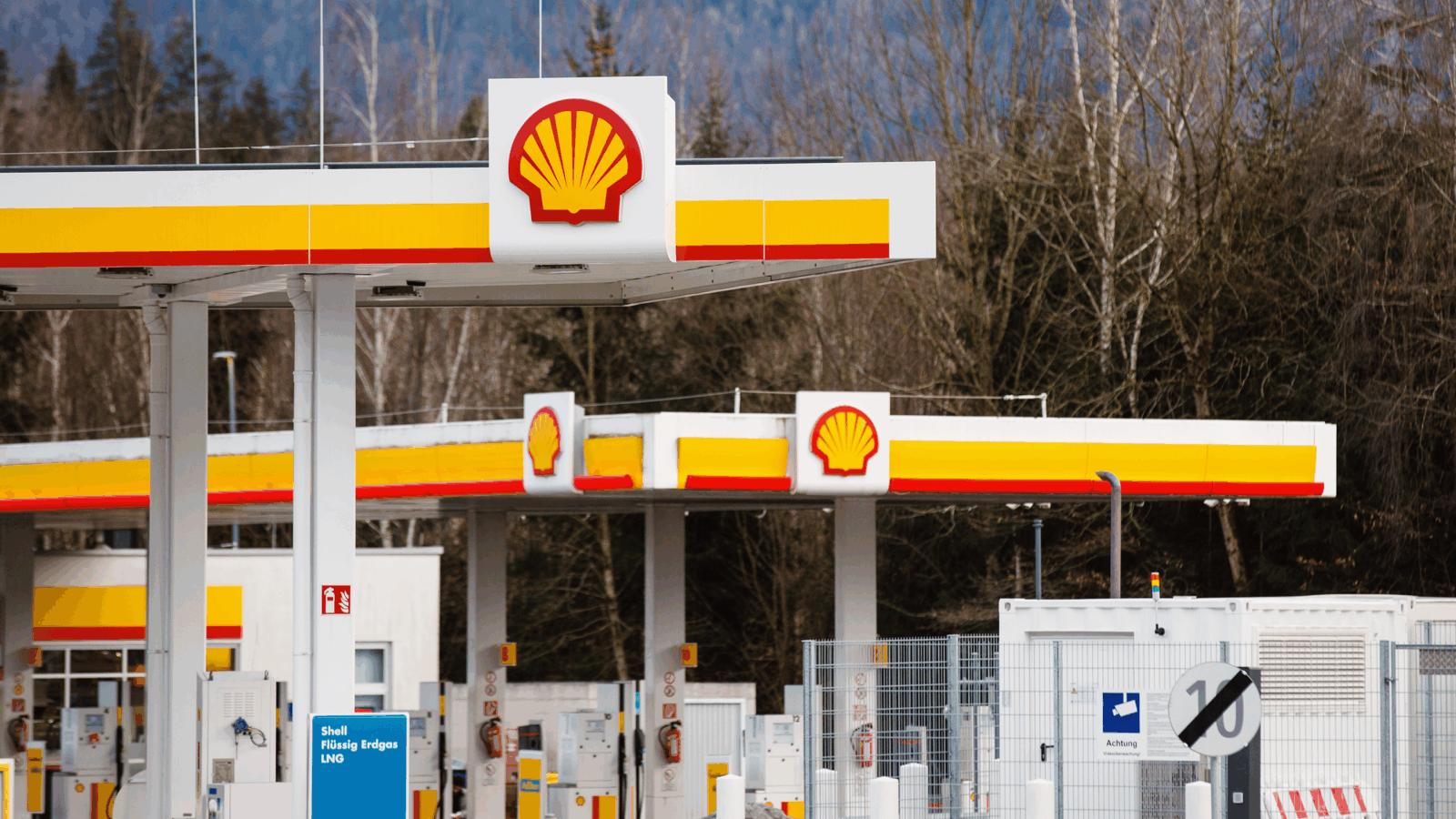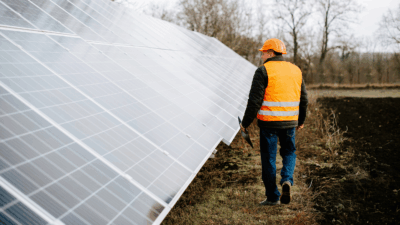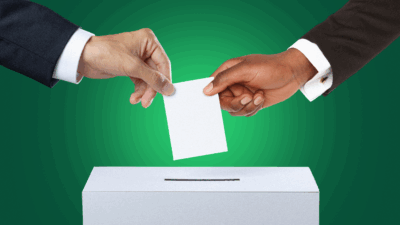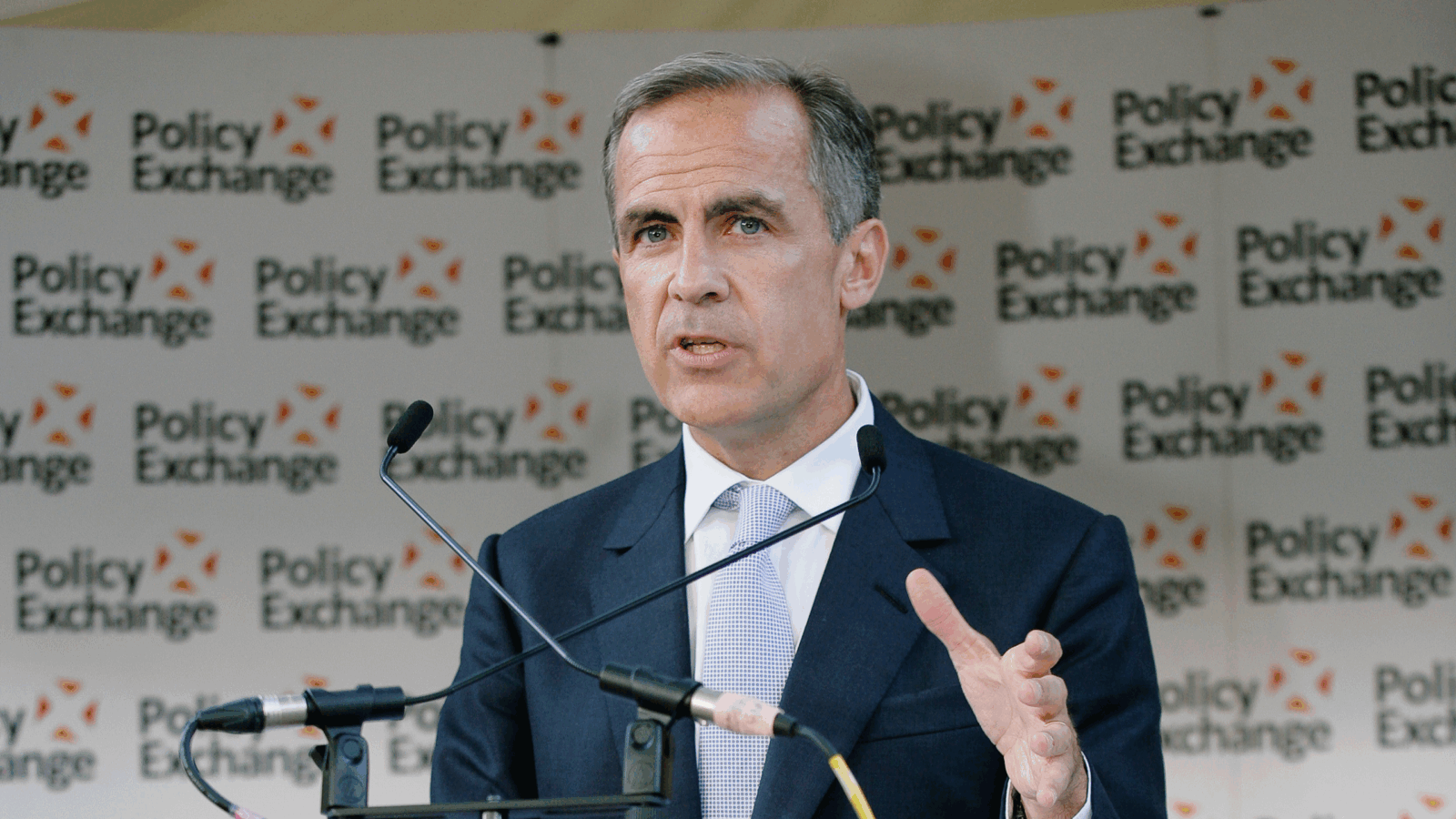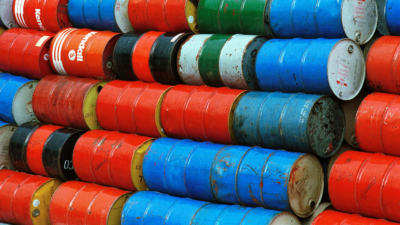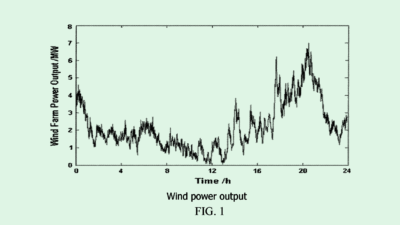The US Waives Tariffs and Mobilizes Domestic Production to Turbocharge Solar Industry
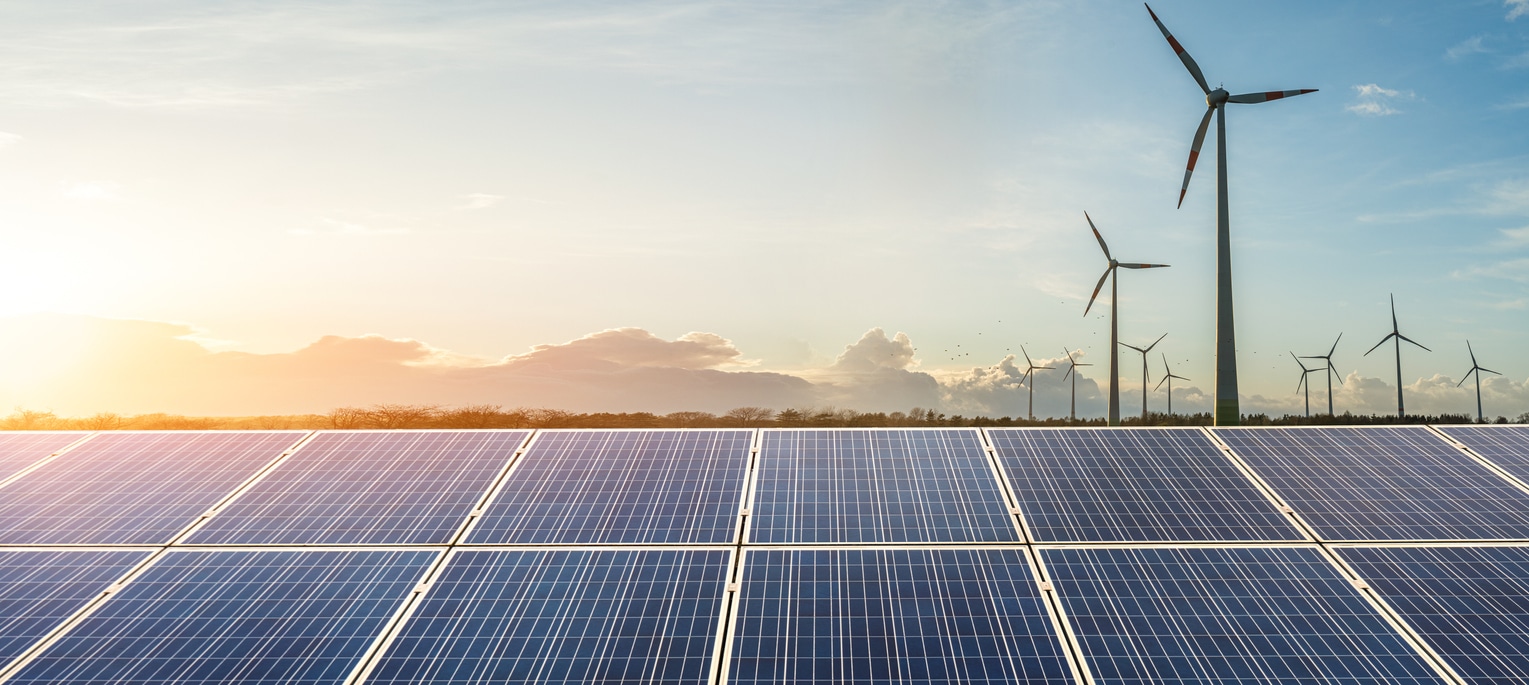
Sign up for smart news, insights, and analysis on the biggest financial stories of the day.
This is a story about shady behavior and a plan that ran out of steam.
On Monday, the White House announced it will temporarily waive certain tariffs on solar panel imports to ease a heated conflict in the solar industry between domestic and foreign manufacturers. Hanging in the balance are almost two-thirds of US solar installations this year.
They’ve Seen Better Rays
The story of solar installations in the US is one of stiff government action and unforeseen consequences. In 2012, the Commerce Department slapped aggressive tariffs, as high as 250%, on Chinese solar panels after it was concluded that Chinese manufacturers were flooding the market with subsidized, low-cost panels.
The move was intended to decrease China’s dominance in the domestic market, but US solar production has grown only modestly in the wake. Instead, Cambodia, Malaysia, Thailand, and Vietnam have almost entirely filled the void, accounting for 85% of US solar installations in 2021, according to analysts at Rystad Energy.
Or so it seemed. In March, US manufacturer Auxin Solar alleged Chinese companies are clandestinely operating many of the solar factories in southeast Asia to circumvent US tariffs. The fallout of the accusation is threatening to derail much of the present-day solar industry, and has triggered another round of regulatory action and market consequences:
- A Commerce Department investigation into Auxin’s claims has spooked importers, now fearful of being on the hook for $3.6 billion in retroactive tariffs for potentially fraudulent imports. The result: widespread halted orders, with 64% of solar installations planned for 2022 now under threat of cancellation — devastating solar installations and risking thousands of jobs.
- In an attempt to assuage the damage, the White House waived tariffs Tuesday on panels from Cambodia, Malaysia, Thailand, and Vietnam for two years to grant importers confidence amid the probe. To further stabilize the domestic solar market, the White House also invoked the Defense Production Act to allocate resources to domestic manufacturing.
Rystad said, in the best-case scenario, US solar manufacturers will scale up to offset potential imports lost to tariffs by 2024. The White House said it expects domestic solar manufacturing to triple by that year, allowing 3.3 million homes to switch to solar energy every 12 months.
The Winners Are? US solar companies SunPower, Enphase Energy, Sunrun, NextEra, and Southern Company rose after the news broke and industry group the Solar Energy Industries Association praised the decision. But panel manufacturer First Solar, whose shares fell, complained that Monday’s announcement “undermines American solar manufacturing” while Auxin blasted the decision as opening “the door wide for Chinese-funded special interests.” No surprise that everyone in the solar industry thinks everything revolves around them.
